The severity of the current bird flu outbreak and the economic damage it is causing have prompted governments to step up poultry vaccination. However, some countries, such as the United States, remain reluctant to do so due to trade concerns.
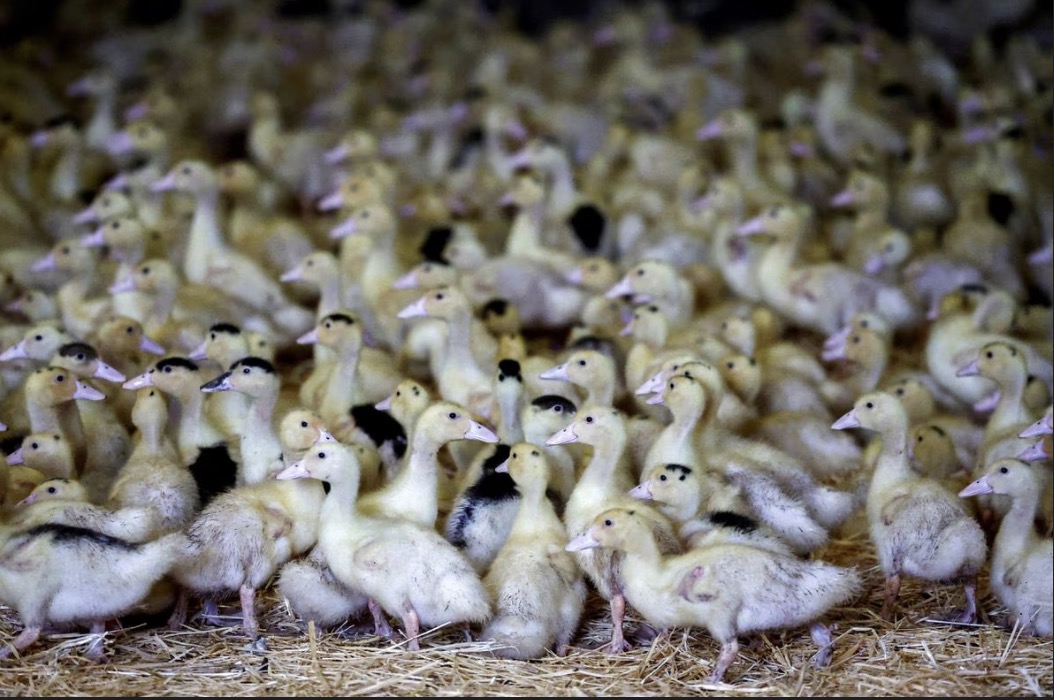
Ducks inside a poultry farm in Castelnau-Tursan, France, January 24, 2023. Photo: REUTERS/Stephane Mahe
“We are coming out of the COVID crisis where every country is realizing that the pandemic hypothesis is real,” WOAH Director General Monique Eloit said in an interview.
“Since almost every country with international trade has been infected, perhaps it is time to discuss vaccination, alongside systematic culling,” she said.
WOAH will hold a five-day general meeting from Sunday and will focus on global control of highly pathogenic avian influenza, or HPAI.
A WOAH survey found that only 25% of member states accept imports of poultry products vaccinated against highly pathogenic avian influenza.
The 27 member states of the European Union agreed to a bird flu vaccine strategy last year. “If a bloc like the EU, which is a major exporter, starts moving in that direction, it will have a ripple effect,” Eloit said.
The US Department of Agriculture (USDA) said on Friday that "in the interest of leaving no stone unturned in the fight against highly pathogenic avian influenza, USDA continues to explore vaccine options that could protect poultry from this persistent threat."
The World Health Organization says the risk to humans from bird flu remains low but countries must prepare for any future changes.
Eloit said vaccination should focus on free-range poultry, primarily ducks, because bird flu is transmitted by infected migratory wild birds.
The H5N1 strain prevalent in the current outbreak of highly pathogenic avian influenza has been detected in a large number of mammals and killed thousands, including sea lions, foxes, otters and cats.
Mai Anh (according to Reuters)
Source


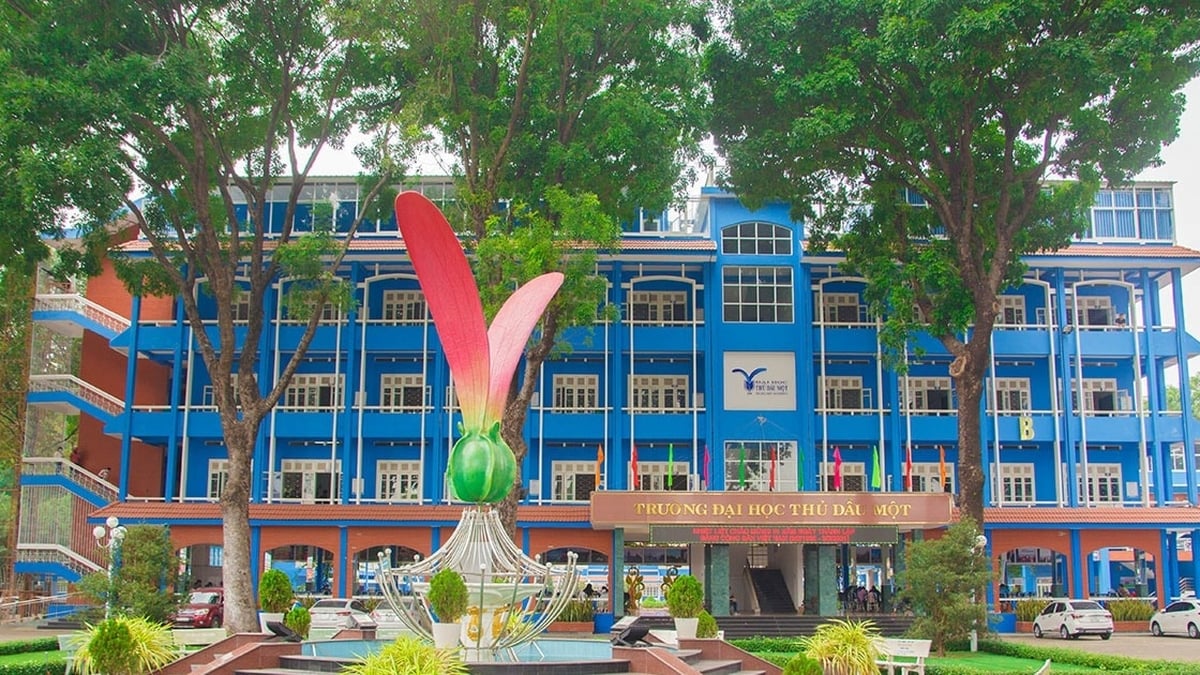
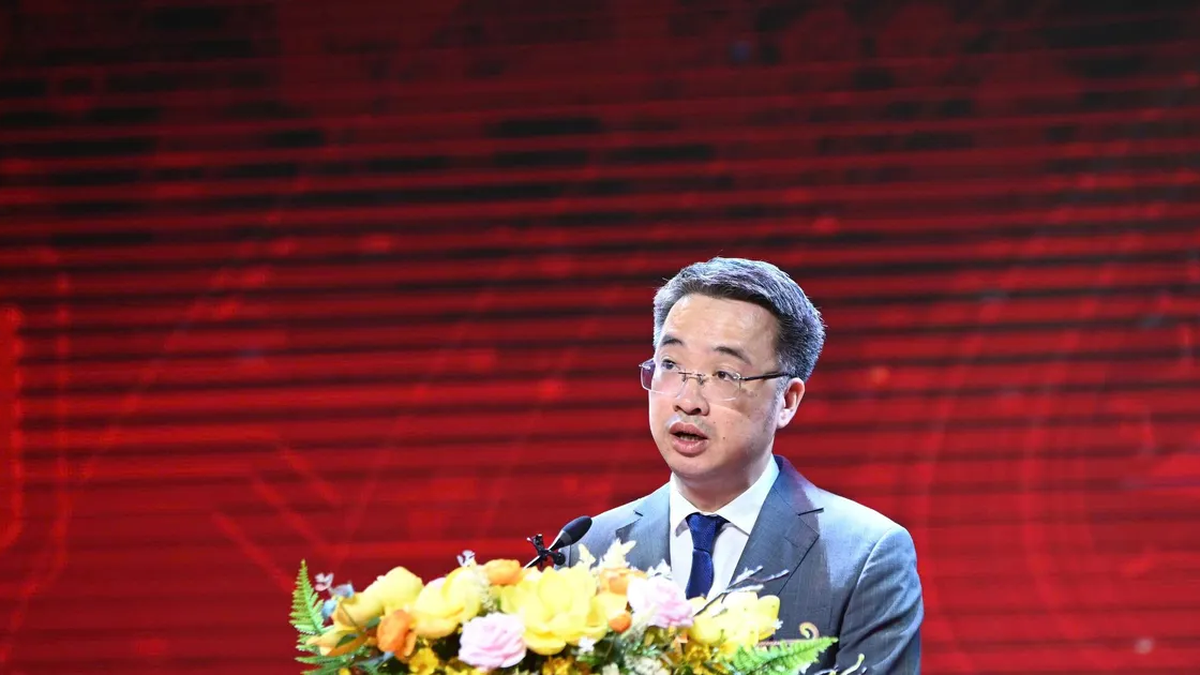
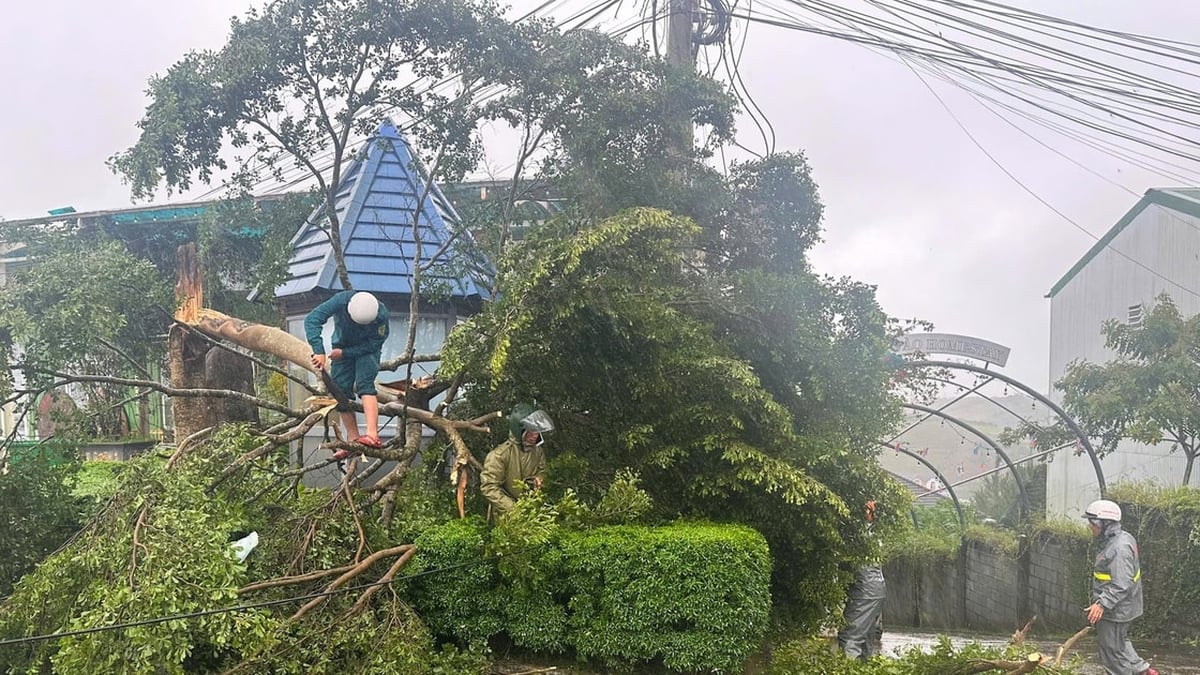



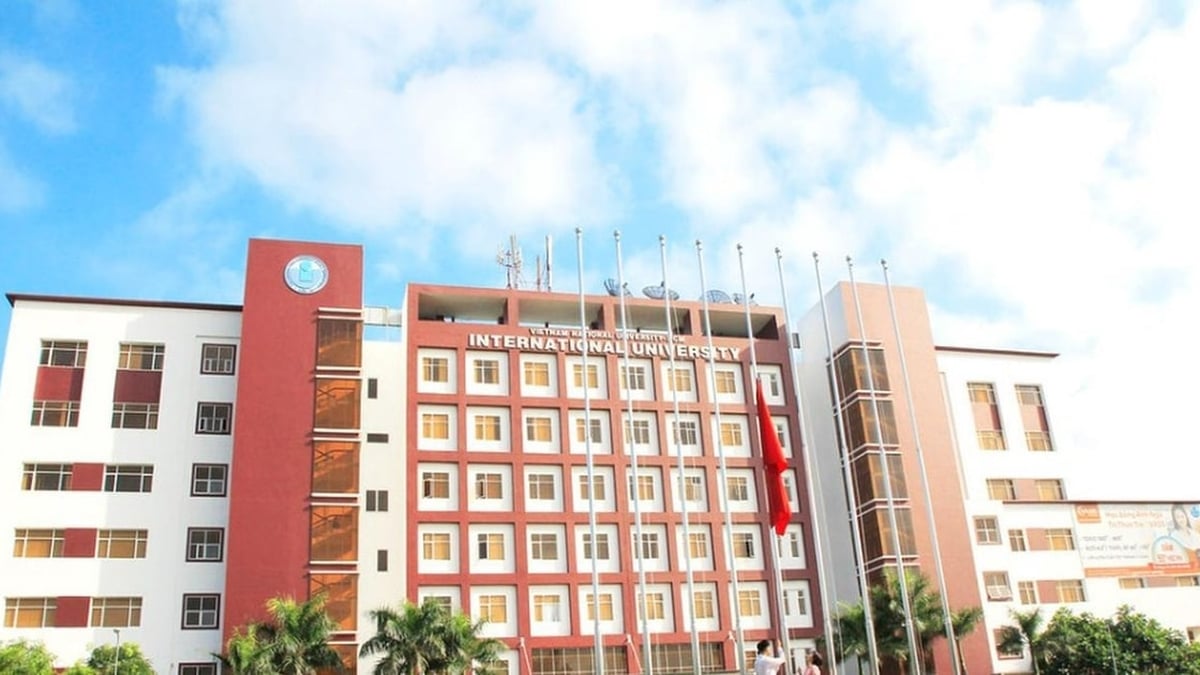
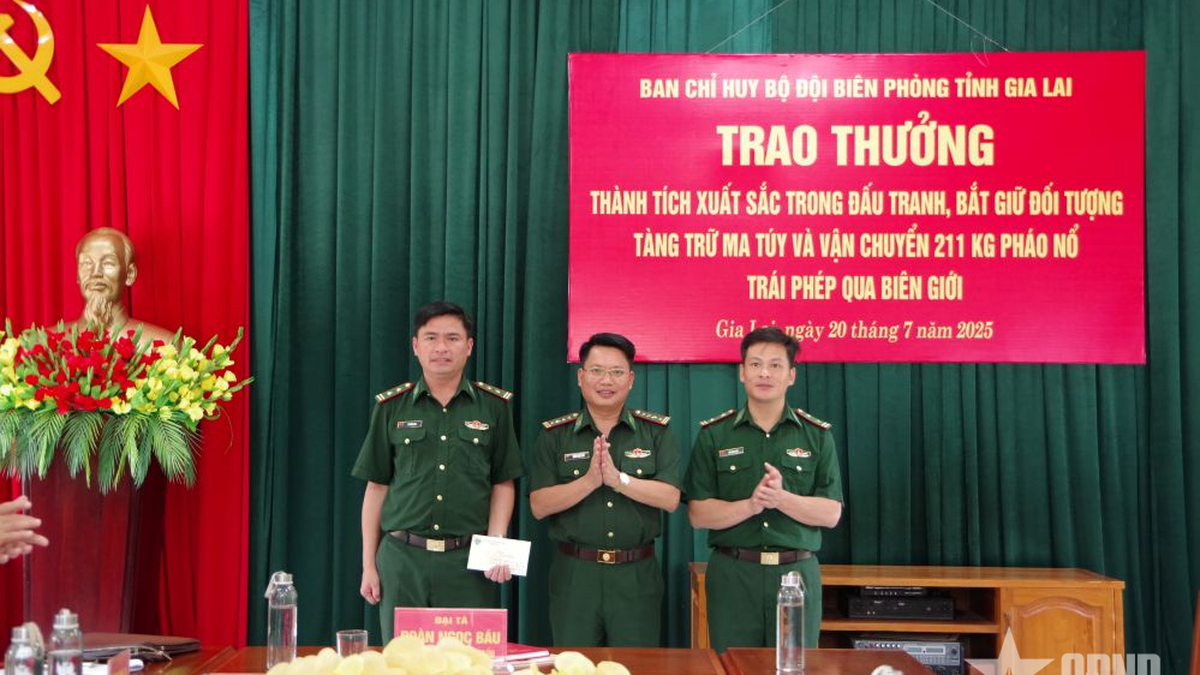
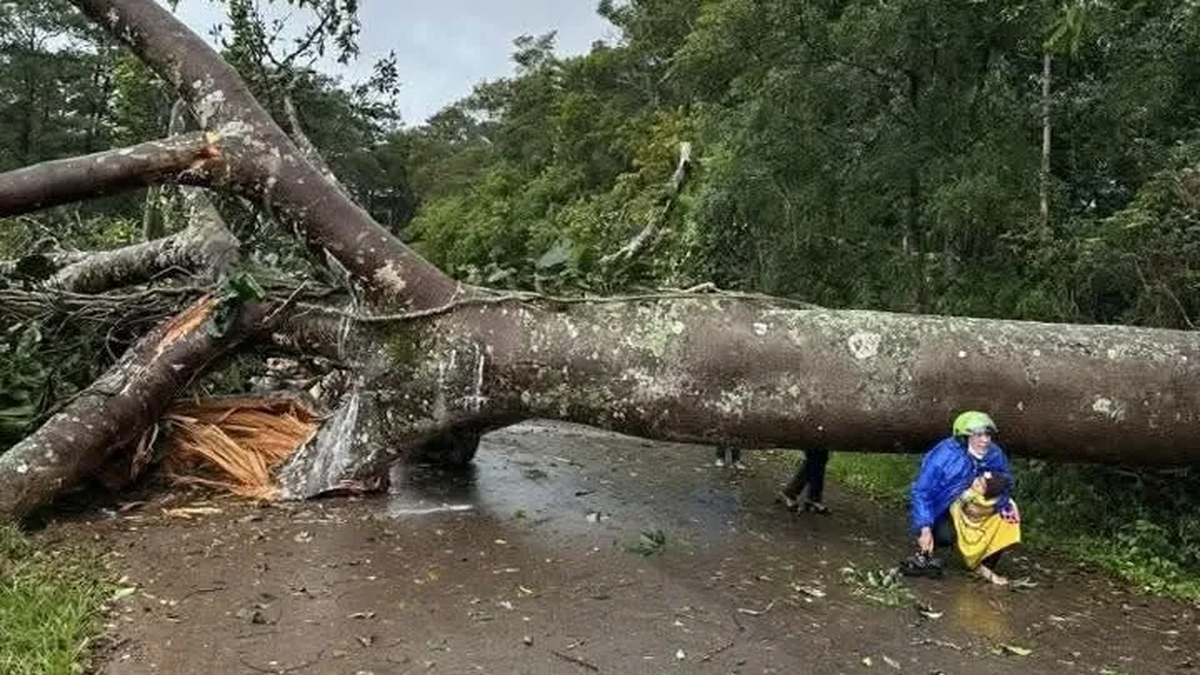
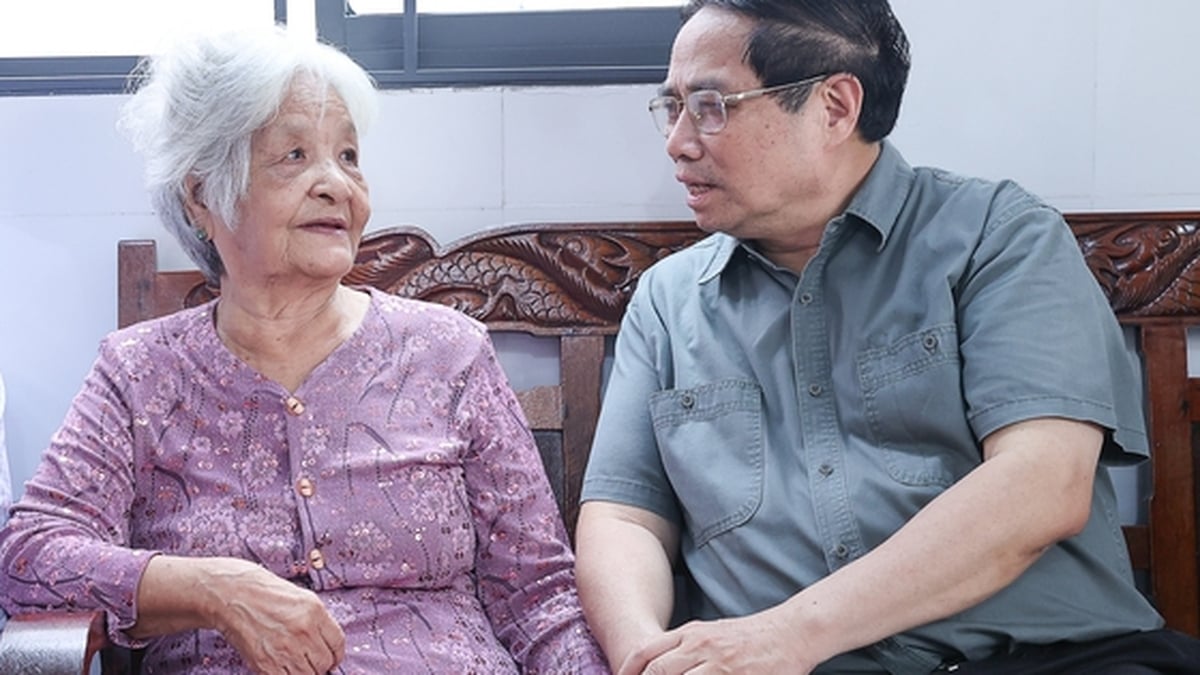


















![[Photo] National Assembly Chairman Tran Thanh Man visits Vietnamese Heroic Mother Ta Thi Tran](https://vphoto.vietnam.vn/thumb/1200x675/vietnam/resource/IMAGE/2025/7/20/765c0bd057dd44ad83ab89fe0255b783)



































































Comment (0)